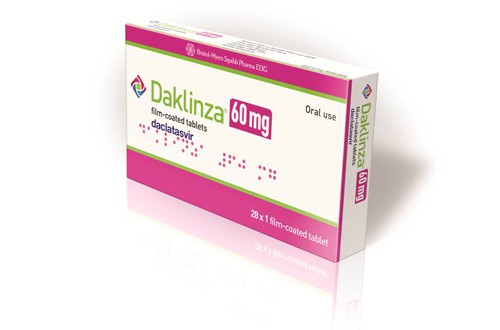
Bristol-Myers Squibb (BMS) is stopping early-stage discovery work in virology as part of a reshuffle in its R&D operations.
The company stressed that the decision will not affect projects that have already reached the clinical development stage – which include beclabuvir for hepatitis C virus (HCV) in phase III and two HIV drugs in phase II – or indeed its marketed antiviral drugs including new HCV therapy Daklinza (daclatasvir).
The decision will mainly affect early programmes in hepatitis B and HIV, said the company, which said around 100 positions will be lost as a result. It will organisation will continue to focus on research in immuno-oncology as well as heart failure, fibrosis, genetically defined diseases and immunoscience.
Meanwhile, structural changes caused by the reshuffle include the opening of a facility in Cambridge, Massachusetts, due to open in 2018, as well as a the closure of its sites in Wallingford, Connecticut, and Waltham, Massachusetts, in 2018.
Around 200 workers from the two closing units and BMS‘ New Jersey operations will relocate to the new unit, which will focus on discovery efforts in genetic diseases, molecular discovery technologies and discovery platform chemistry, said the company.
Another 500 staff from Wallingford will transfer to a new, as-yet undecided location in Connecticut.
At the same time, BMS is in the prices of expanding its R&D discovery site at Woodside Technology Park in the San Francisco Bay Area with another 61,000 sq. ft. of laboratory and office space and is due to complete next year.
The switch-around “positions the company and our scientists in the heart of vibrant ecosystems of world class science, innovation and business opportunities, which offer ideal environments for fostering external collaboration,” said BMS’ chief scientific officer Francis Cuss.
The gravitation towards life science research hubs such as Cambridge and San Francisco has been a feature of the biopharma industry of late.
One such example is AstraZeneca (AZ) slimming down its R&D operations in Cheshire in order to set up shop in Cambridge, which forms one corner of the UK life science ‘golden triangle’ along with London and Oxford.




